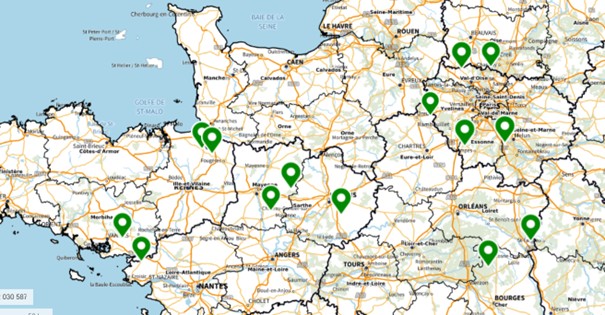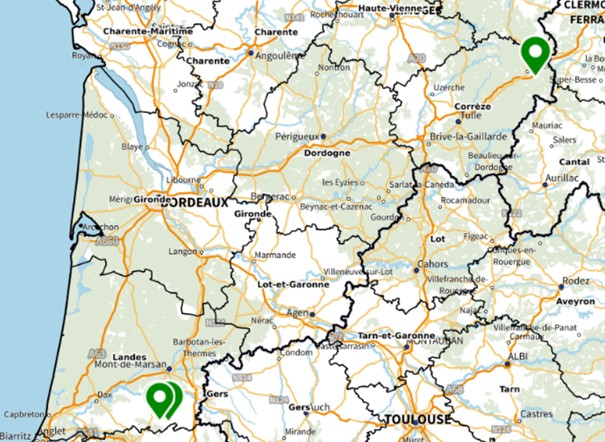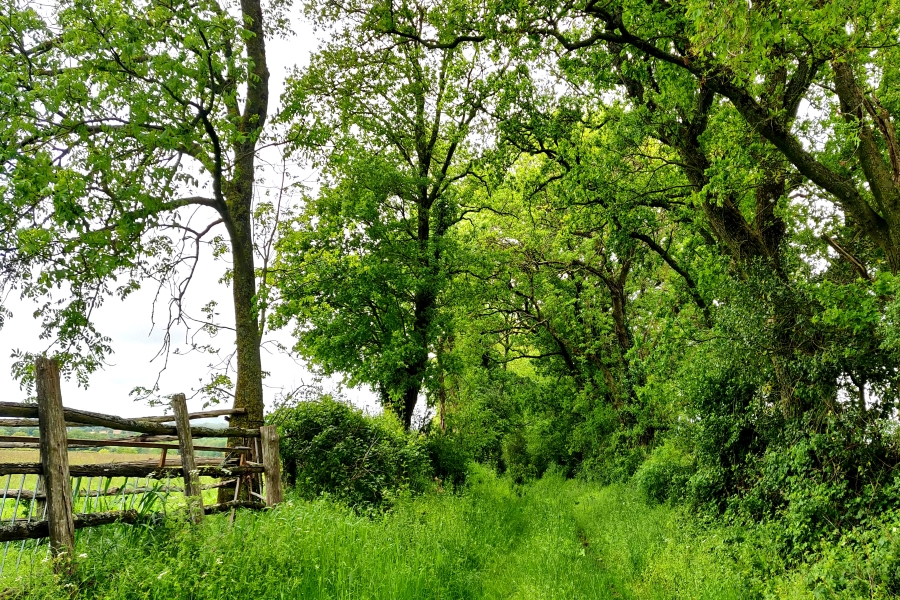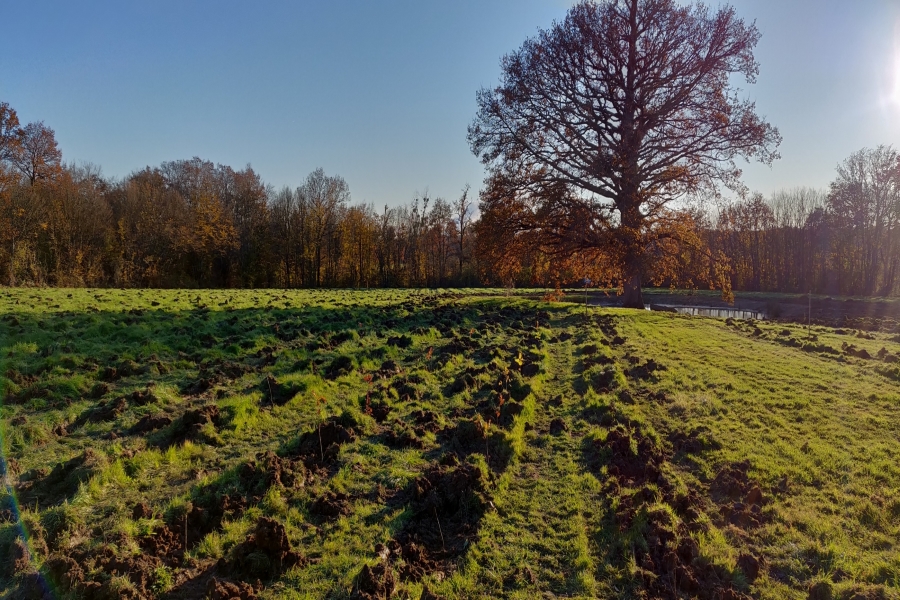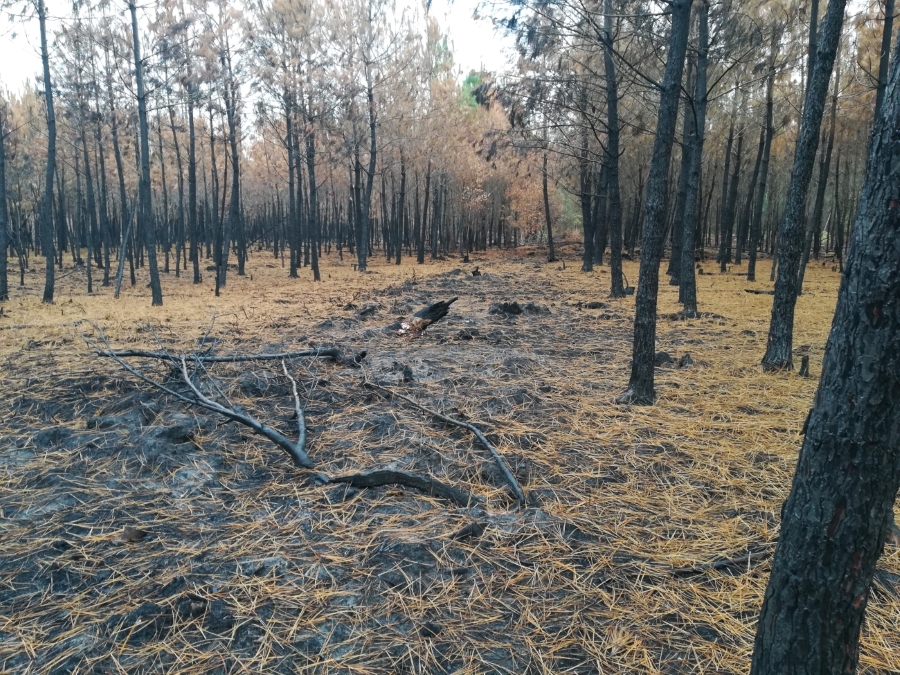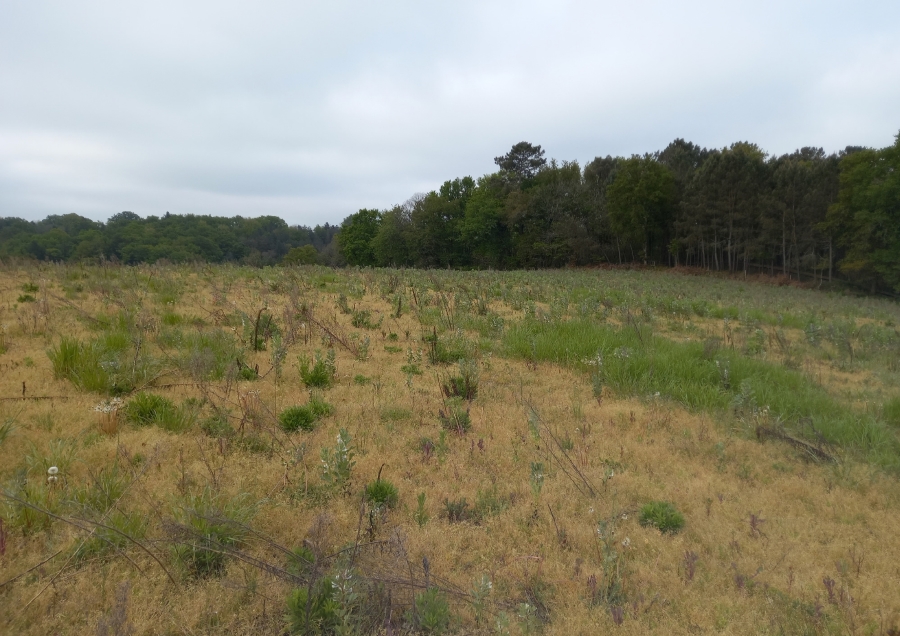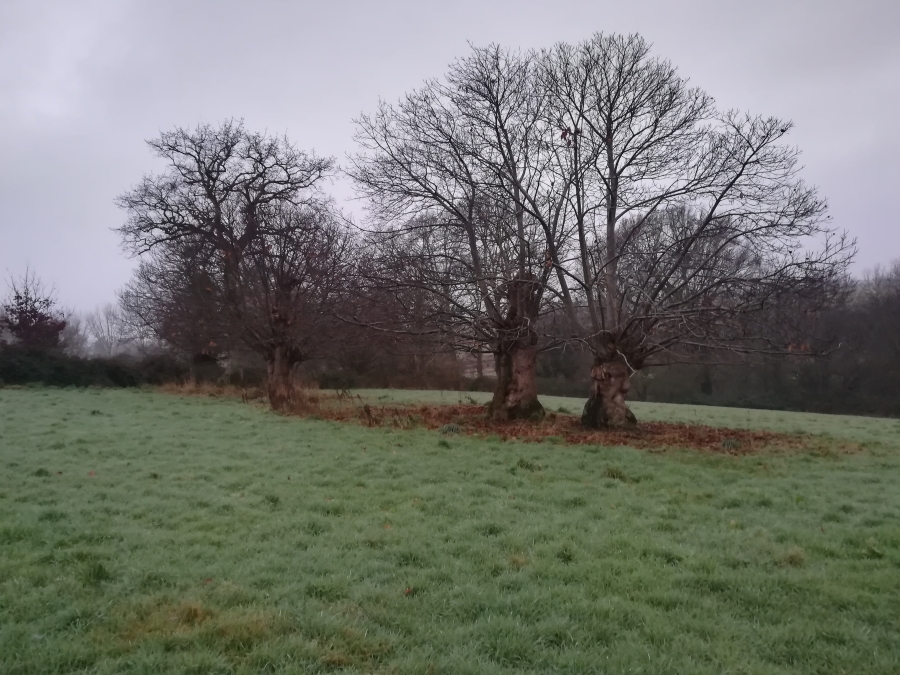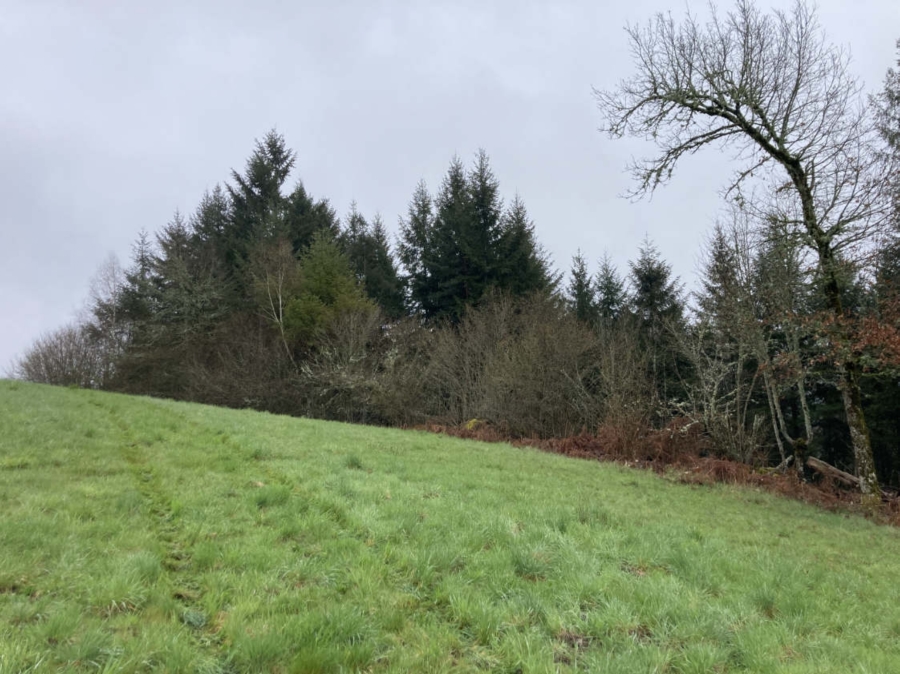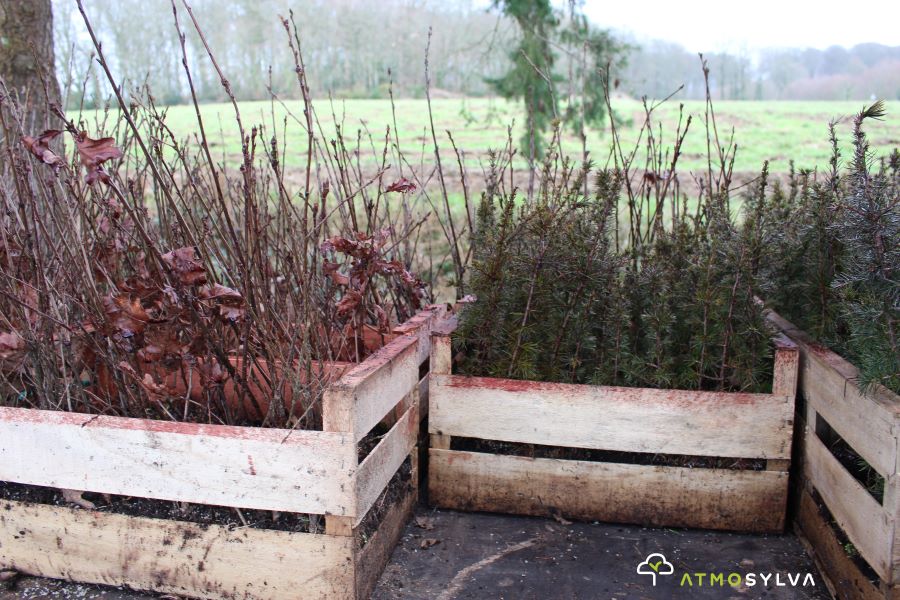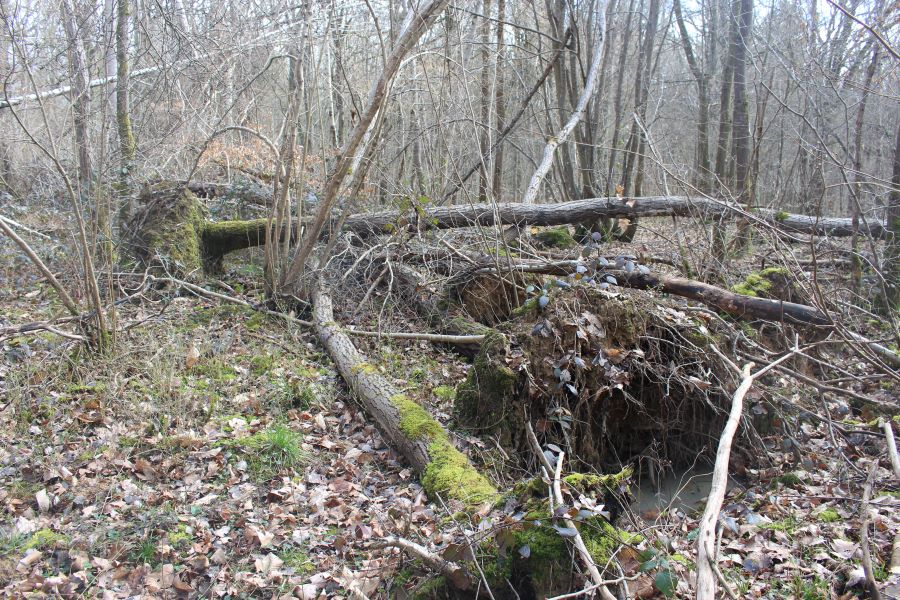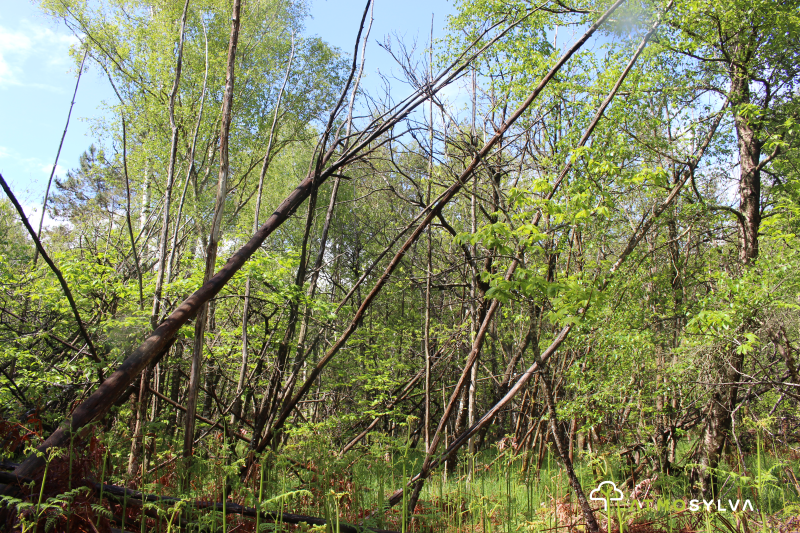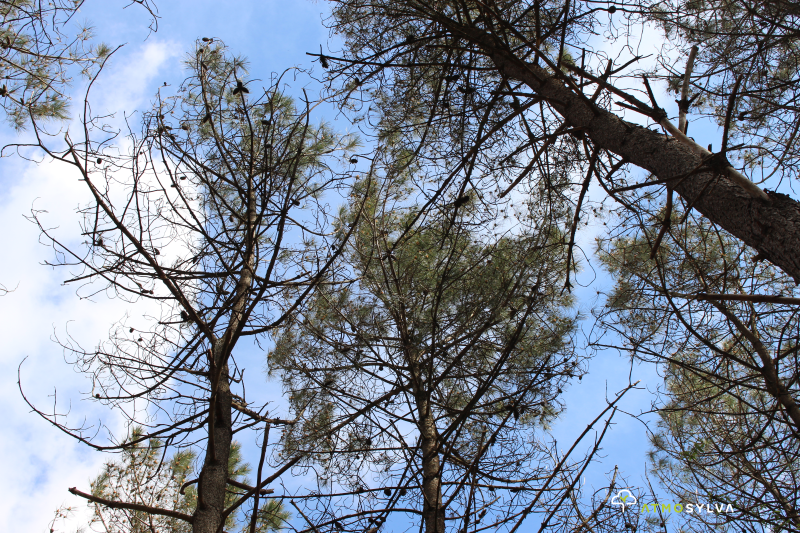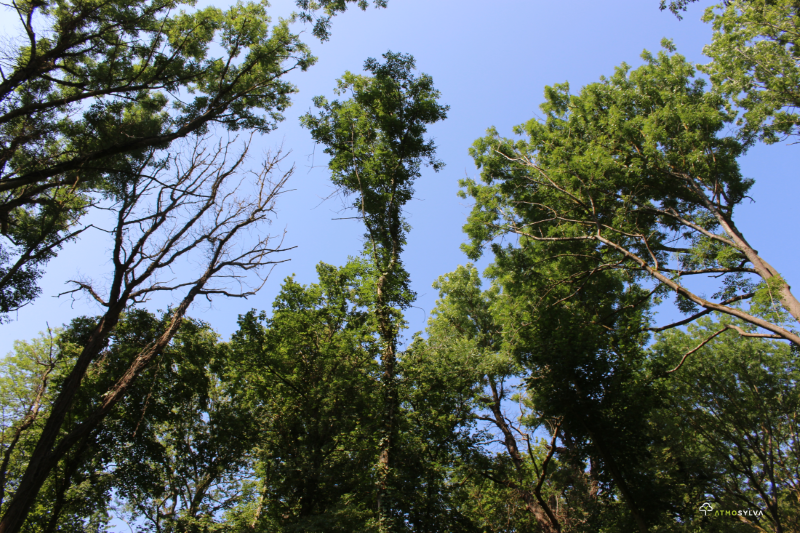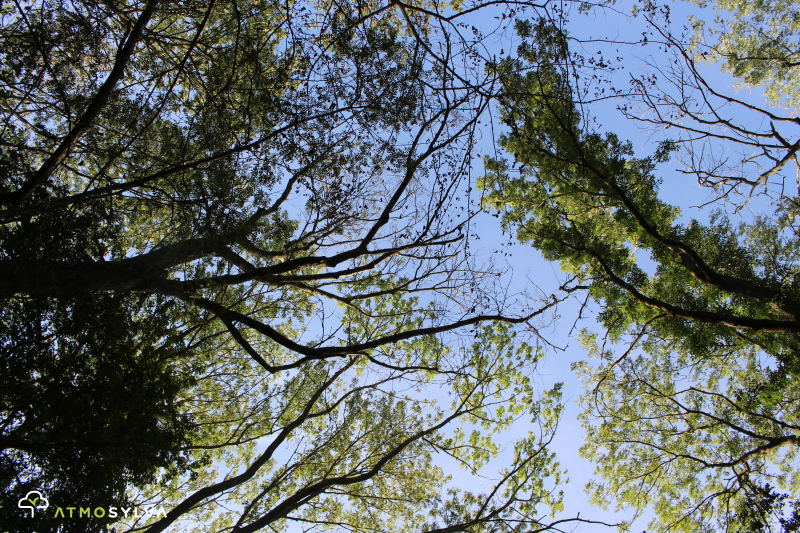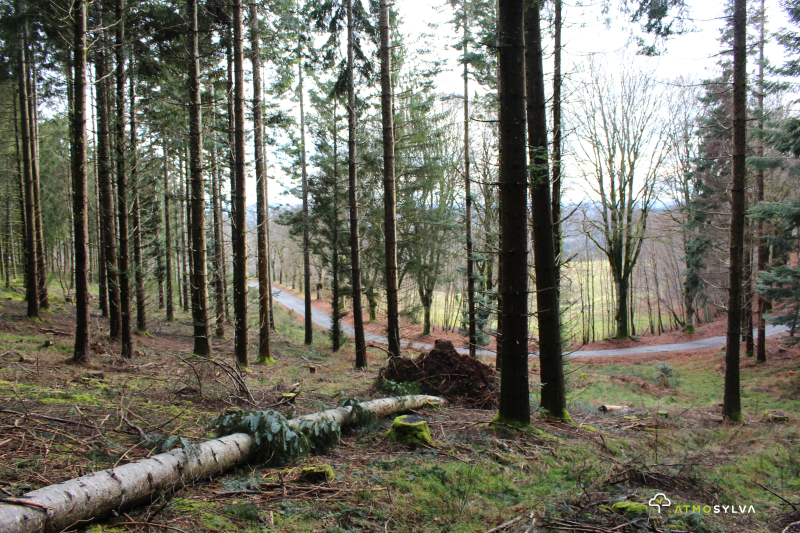Low Carbon Label
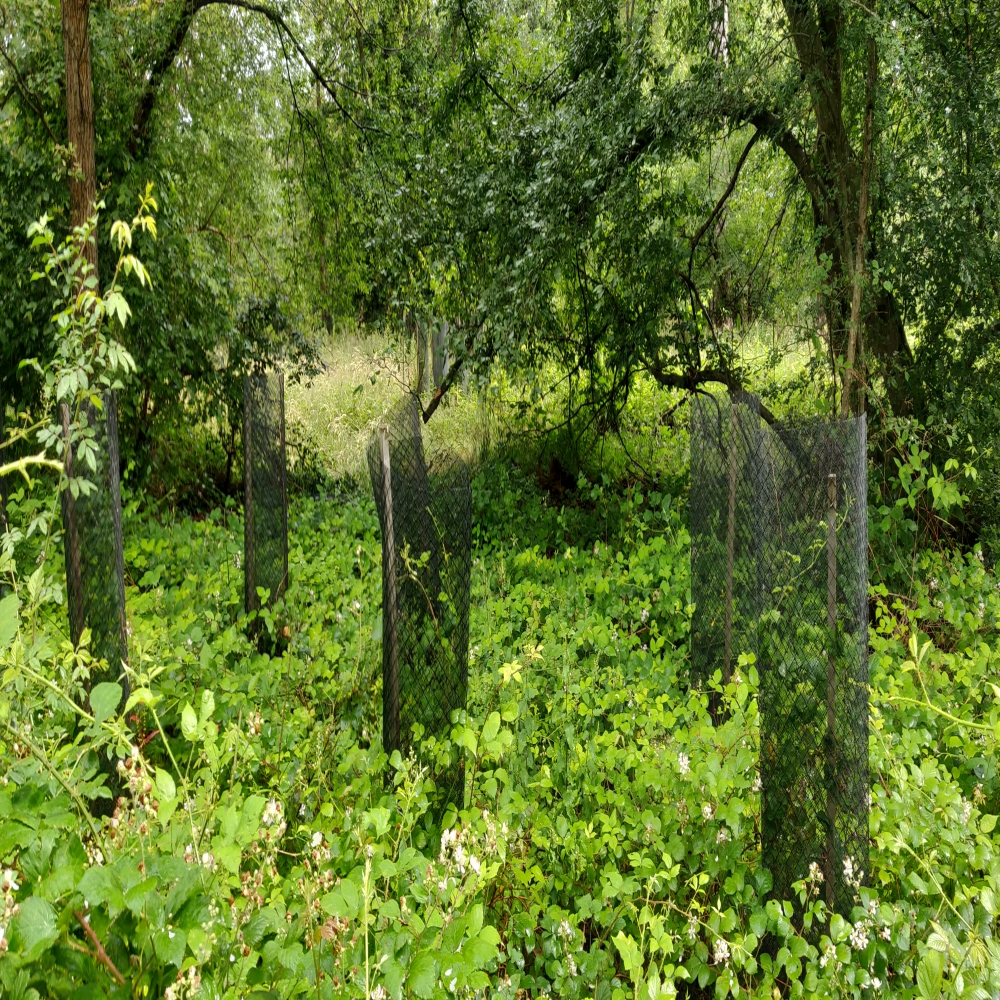
Afforestation
This involves converting previously uncultivated or agricultural land into forest land by planting forest species.
Restoring degraded forests
Reforesting means restoring forests that have been damaged by storms, fire or dieback (parasitic attack, drought, etc.)
Conversion of coppice into high forest
Converting "coppice", a stand system designed for firewood, into a "high forest" encourages the production of timber, thereby storing more carbon in the forest.
Current regions :
- Ile-de-France
- Centre-Val-de-Loire
- Pays de la Loire
- Nouvelle-Aquitaine
- Hauts-de-France
- Bretagne
More projects to come !
The Label encourages good practice and implies sustainable forest management.
The ecosystem services provided by forests are an integral part of these projects, as is the carbon offsetting generated by these projects.
Other methods linked to trees and agriculture have already been developed: Orchard planting, Hedge method. Other methods are due to be published shortly: Agroforestry, preventive forestry against the risk of fire, maintaining continuous cover in forests, etc.
Whenever a tree is involved in a method, we'll be there to put it into action!


